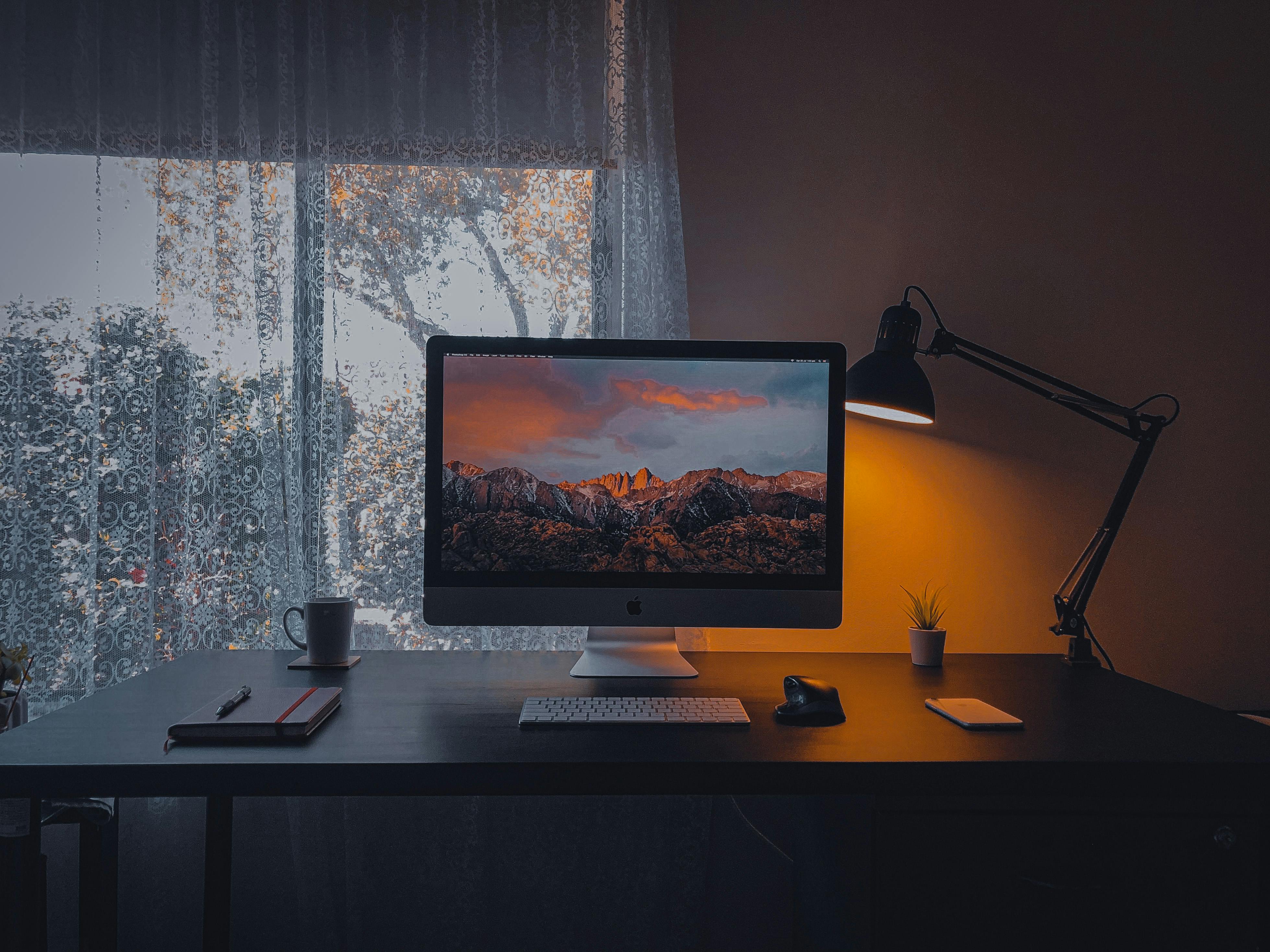
The benefits of DSLR cameras
Although a good number of people are ditching compact digital cameras for their mobile phone cameras, there has been an increase in the number of consumers switching to DSLR cameras, and I don’t even mean professional and amateur photographers. I have several friends who have poor photography skills improving and it’s not hard to see why.
Even if you’re not sure what ISO and aperture mean, DSLR cameras are still easy to use and will give you wonderful results. The great advantage of these cameras is that they are fast. How many times has your compact camera failed to focus correctly, and when it does, there is still a second of time between when you press the button and the camera actually takes the picture? And of course the moment has passed, the scene ruined. There is never a lag with DSLR cameras thanks to the shutter. This alone is reason enough for some camera lovers.
Although a sunny day is the “ideal” for taking great pictures, we can’t always trust our surroundings. We could be in a nightclub listening to a local band or at an outdoor wedding and the lighting just won’t cooperate as well as we’d hoped. As long as the flash is on, the images will come out decently. With a DSLR, you don’t even need to turn on the flash. ISO, which I mentioned earlier, is a digital sensor that is sensitive to light. As the ISO increases, the light sensitivity increases so you can take a picture in low-light areas. The only drawback is that an increase in ISO also means an increase in graininess or background noise. Still, photos will be noticeably better and clearer.
DSLR cameras offer complete control over photography. Yes, you can definitely switch to manual mode on compact digital cameras, but it just doesn’t compare. Not familiar with all the modes and settings? Don’t worry, you can use the automatic settings on the DSLR until you feel comfortable with the controls. Many have intuitive manuals right on the camera that explain what each setting/function is. Twenty years ago you would have had to read a manual longer than The Lord of the Rings to understand all these concepts. Now you can watch simple in-camera tutorials or do some research online. In just a few weeks, you can learn the basics and be on your way to taking great photos.
Then, when you’re ready, you can experiment with tripods, interchangeable lenses, external flashes, and all that other “good stuff.” You don’t need to be an expert to enjoy high quality, just a few hundred dollars and the willingness to learn.